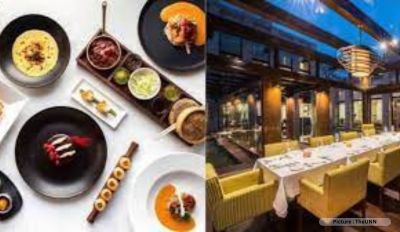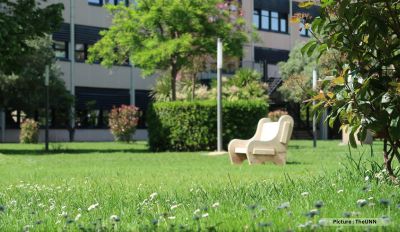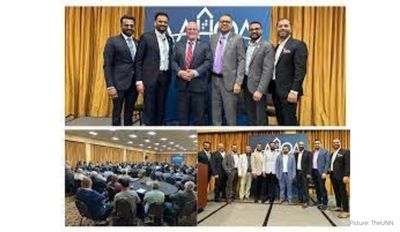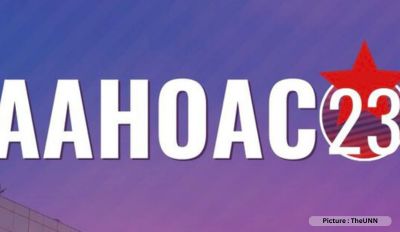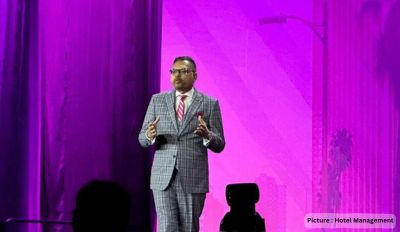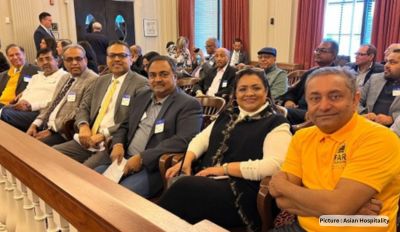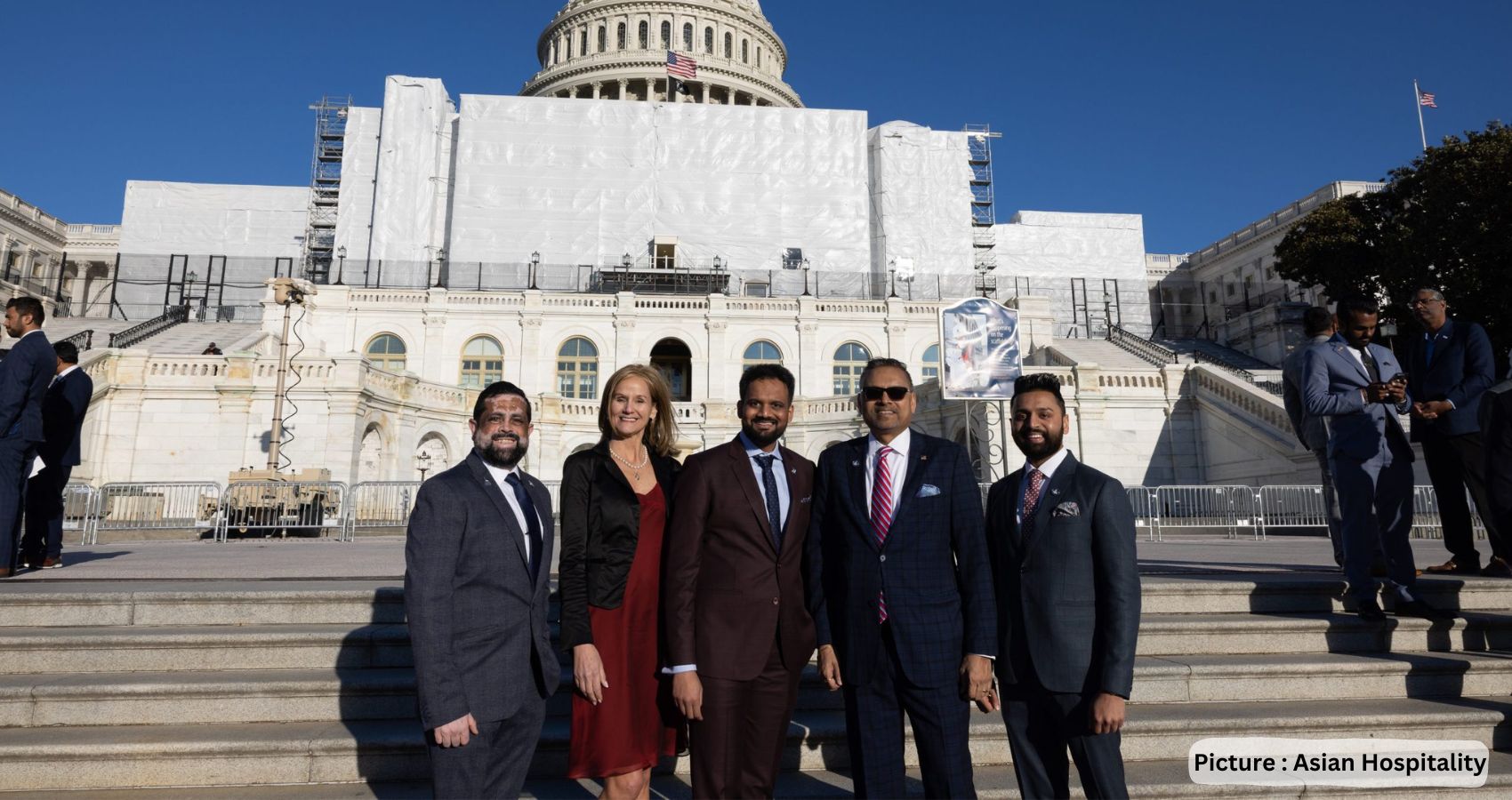Adding yet another feather to its cap, Kerala Tourism’s Responsible Tourism initiative has earned the coveted gold in the ‘Best Future Forward State’ category at the sixth edition of the Indian Responsible Tourism Awards. The event was held in Konark in Odisha. Meanwhile, Odisha received the silver in this segment.
This is the 11th award that Kerala’s Responsible Tourism Mission has earned since its launch in 2017, including six international awards like WTM’s Gold, PATA Gold, World Sustainable Tourism Award and so on.
“This recognition underlines the fact that Kerala has become a successful model for the whole country for sustainable tourism development,” said Ms. Rani George IAS, Principal Secretary Tourism, Government of Kerala.
“This award has come when we are planning to extend the RT initiatives to the local body level across the entire state, and it will be an encouragement to the endeavour,” said Mr. V. R. Krishna Teja IAS, Director Tourism.
Kerala RT Mission State Co-ordinator Mr. K. Rupesh Kumar said that the award is dedicated to the over one lakh members of the RT Mission from across the state.
Houseboat industry leaves behind a substantial amount of carbon footprints in environment, resulting in global warming and loss of biodiversity. On an average, a typical fossil-powered houseboat releases about 8 kg of CO2 / hour from propulsion system and a hotel-load standalone generator releases 5 kg of CO2 / hour, according to a survey.
Switching to alternative energy sources will mitigate the threats to environment. For this, Energy Management Centre (EMC) – Kerala and technology partner C-DAC, Thiruvananthapuram, have implemented a solar-powered low-voltage direct current (LVDC) power distribution in houseboats to offset carbon footprints by almost 90 per cent. The annual profit from Rs. 9.38 lakh project is estimated at Rs. 2.5 lakh with repayment in 4 years.
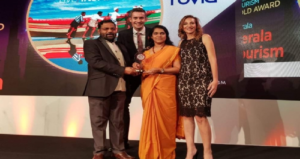 In the system, LVDC architecture is integrated with solar PV system and battery bank. This system can power the houseboat for a whole day without depending on standby grid power. Hotel loads in the houseboats will be fed from a 6kWp mono-crystalline flexible solar PV array (for 2 bedrooms, hall and kitchen). Lighting, fan, AC, geysers and cooking, which accounts for 30-40 per cent of the daily energy cost, will be switched to solar power.
In the system, LVDC architecture is integrated with solar PV system and battery bank. This system can power the houseboat for a whole day without depending on standby grid power. Hotel loads in the houseboats will be fed from a 6kWp mono-crystalline flexible solar PV array (for 2 bedrooms, hall and kitchen). Lighting, fan, AC, geysers and cooking, which accounts for 30-40 per cent of the daily energy cost, will be switched to solar power.
The architecture can be configured to cater to different classes of houseboats based on the connected load. The switching to renewable energy can ring in an annual energy savings of 85 per cent, saving 2,650 litres of petrol for a 2 BHK houseboat. The carbon footprint per guest gets reduced to 0.74 ton CO2/day. Also, the technology change increases the reliability of power supply along with fully eliminating the problem of harmonics, and ensures safety of appliances. It also increases the comfort to tourists due to reduction in noise and vibration.
In the next phase of the project, EMC-CDAC plans to electrify the propulsion (driving) system, which accounts for 60-70 per cent of the energy use.


